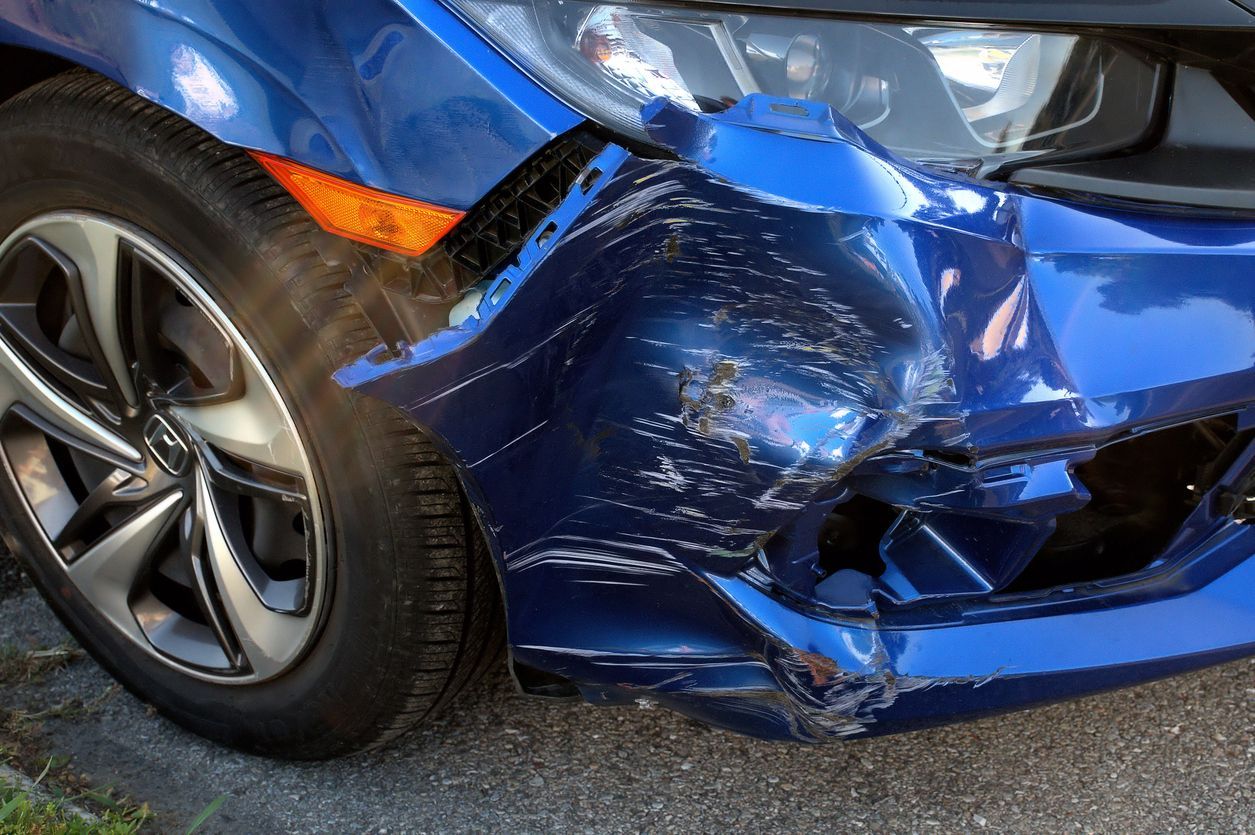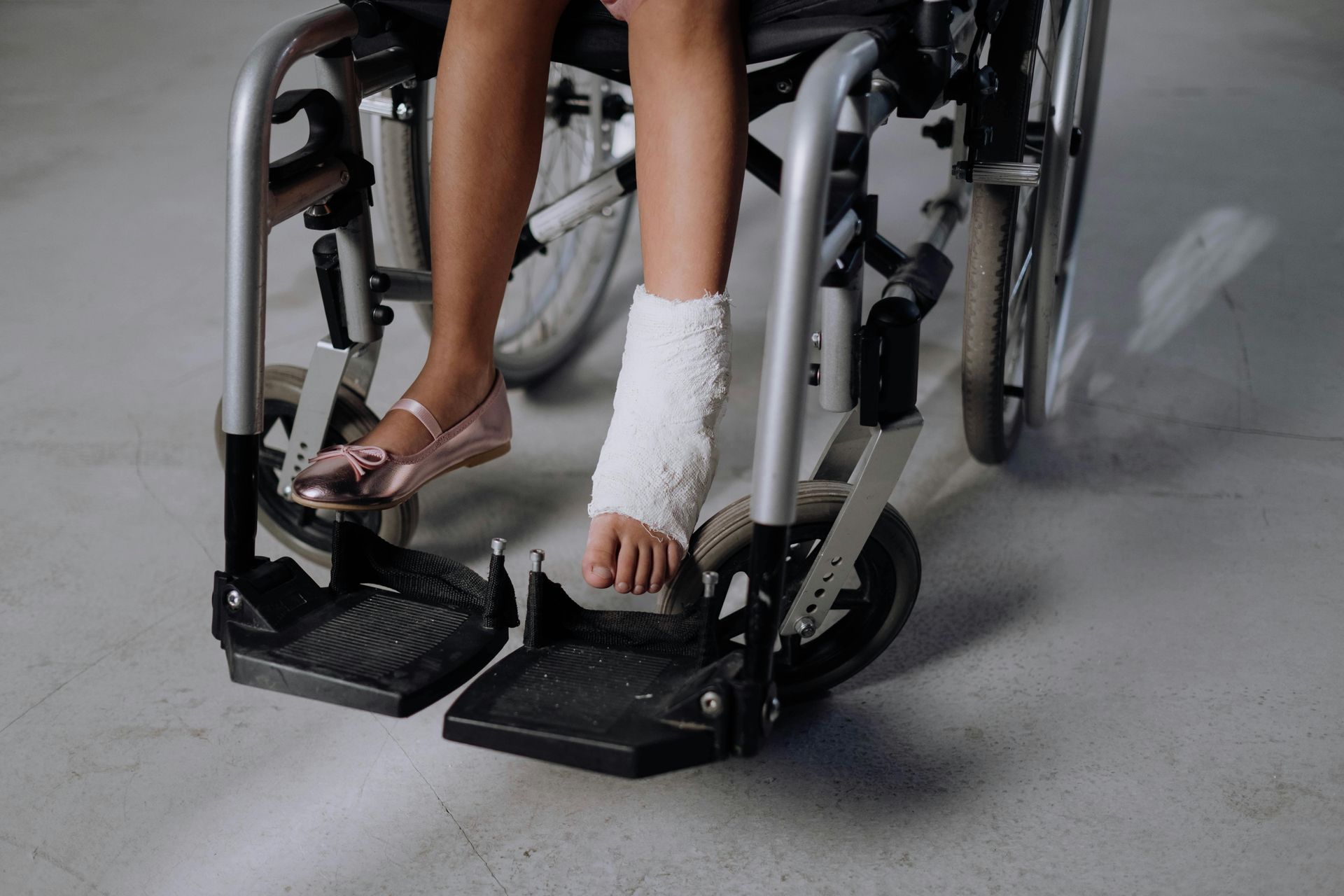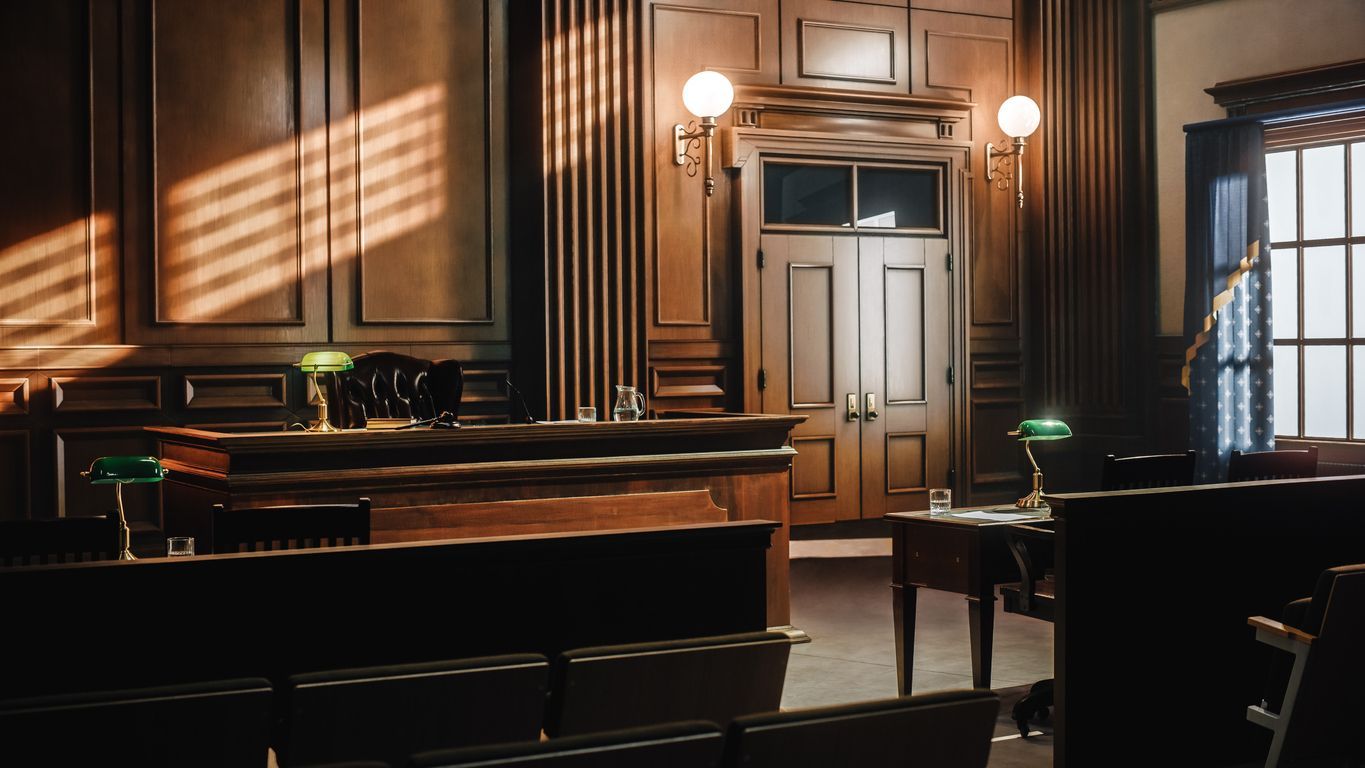Types Of Evidence In A Criminal Trial
Finder Law Serves Clients Across Jefferson City, Columbia, and Central Missouri
When facing criminal charges in Missouri, the evidence presented against you can make or break your case. Criminal defense attorneys carefully scrutinize all available evidence to assess the strength of the prosecution’s case and to build a defense strategy. If you’ve been accused of a crime, it’s important to understand the different types of evidence that may be used in your case. In this blog post, we will provide an overview of the various types of evidence in a criminal case and how each can impact your defense.
Physical Evidence
Physical evidence, also known as real evidence, is any tangible item that can be presented in court to help prove the facts of the case. This can include a wide variety of objects, such as:
- Weapons: Guns, knives, or other objects allegedly used in the commission of a crime.
- Clothing: Items of clothing that may have been worn during the crime, such as a defendant’s clothing or the victim's clothes.
- DNA: Biological evidence, including hair, blood, or other bodily fluids that can be tested for DNA.
- Drugs or Drug Paraphernalia: Items related to illegal drug possession or trafficking.
- Property: Stolen goods or items that were part of a burglary or robbery.
Physical evidence is often one of the most powerful forms of evidence in a criminal case, especially when it links the defendant directly to the crime scene or victim. However, it’s important to remember that physical evidence must be handled and preserved correctly to be admissible in court. If the prosecution mishandles evidence or fails to establish a clear chain of custody, it can undermine the case against you.
Physical Evidence
Witness testimony is the verbal evidence presented by individuals who have knowledge about the events surrounding the alleged crime. Witnesses may include:
- Eyewitnesses: People who saw the crime take place or observed key events before or after the crime occurred.
- Expert Witnesses: Professionals who provide specialized knowledge to explain technical or scientific aspects of the case. For example, an expert in forensic analysis may testify about DNA evidence or ballistics.
- Character Witnesses: Individuals who testify about the defendant’s character and history. In some cases, character witnesses can offer testimony that casts doubt on the defendant’s involvement in the crime.
The credibility and reliability of a witness are critical factors. During cross-examination, the defense can challenge the witness’s version of events, memory, or potential biases. It’s also important to note that witness testimony may not always be as strong as physical evidence, especially if the witness has a limited perspective or has been influenced by outside factors.
Documentary Evidence
Documentary evidence consists of written or recorded materials that can be presented in court. This includes:
- Emails and Text Messages: Communications that may indicate motive, intent, or involvement in the crime.
- Surveillance Footage: Video recordings from security cameras or body cameras that capture relevant events.
- Phone Records: Call logs, messages, and GPS data that track the location of the defendant or others involved in the case.
- Official Records: Police reports, arrest records, or medical reports that may be used to establish facts about the crime or the defendant’s actions.
Documentary evidence can play a key role in criminal cases, particularly when it provides a paper trail or timeline of events. The defense may use documentary evidence to point out inconsistencies or gaps in the prosecution’s case. However, the authenticity and accuracy of the documents must be verified for them to be admissible in court.
Digital Evidence
With the increasing role of technology in our daily lives, digital evidence has become a significant component in many criminal cases. Digital evidence can include:
- Computer Files: Documents, photos, videos, or other data found on a computer or electronic device.
- Social Media Posts: Posts, messages, and online interactions that may provide insights into a defendant’s intent or actions before, during, or after the crime.
- GPS Data: Location data from a smartphone or vehicle tracking device that can confirm or dispute an alibi.
- Internet Search History: Web browsing history that may show a defendant researching criminal activities or topics related to the crime.
Digital evidence can be powerful, especially in cases involving fraud, theft, or online crimes. However, it is also vulnerable to tampering or misinterpretation. The defense may argue that digital evidence was obtained improperly, was corrupted, or was misused.
Confessions and Statements
In some cases, the defendant may provide a confession or make statements that are used as evidence in the case. However, it’s important to understand that confessions and statements must be handled carefully:
- Voluntary Confessions: If a confession is made voluntarily and without coercion, it can be a compelling piece of evidence for the prosecution.
- Statements to Police: Any statements made to law enforcement officers during an arrest, interrogation, or investigation can be used against the defendant. However, the defendant’s Miranda rights must be read, and the statements must be made freely without undue pressure or threats.
- Exculpatory Statements: In some cases, statements made by the defendant can be used to defend against the charges, particularly if they help establish an alibi or provide an alternative explanation of the events.
It’s essential that defendants understand their rights during questioning and know when to remain silent or request an attorney. If a confession was coerced or made in violation of the defendant’s rights, it may be inadmissible in court.
Forensic Evidence
Forensic evidence refers to scientific analysis used to link a defendant to a crime or to establish facts related to the crime. Types of forensic evidence include:
- Ballistics: Analysis of firearms and bullets to link a weapon to a shooting incident.
- Toxicology Reports: Testing bodily fluids for drugs or alcohol, which can be critical in cases of driving under the influence (DUI).
- Fingerprint Analysis: Comparing fingerprints found at a crime scene to those of the defendant or others.
- DNA Analysis: Comparing biological samples (e.g., blood, hair, skin cells) to DNA profiles.
Forensic evidence can provide powerful support for both the prosecution and the defense. The reliability of forensic testing and analysis is subject to scrutiny, and errors or contamination can lead to serious challenges to the evidence’s credibility.
Circumstantial Evidence
Circumstantial evidence refers to evidence that requires an inference to connect it to a fact in the case. While it may not directly prove the defendant’s involvement in the crime, circumstantial evidence can still be very persuasive. Examples include:
- Motive: Evidence showing why the defendant may have committed the crime.
- Opportunity: Evidence showing that the defendant had the chance to commit the crime.
- Behavior: Evidence of suspicious actions or statements that suggest guilt.
Circumstantial evidence is often used in conjunction with other types of evidence to build a stronger case. While it may not be as definitive as direct evidence, when combined with other supporting evidence, it can be crucial in proving the prosecution’s theory of the case.
Conclusion
The types of evidence presented in a criminal case can significantly affect the outcome of the trial. Each piece of evidence, whether physical, digital, testimonial, or forensic, plays a role in determining guilt or innocence. At Finder Law, LLC, we understand the complexities of criminal defense and work tirelessly to ensure that all evidence is properly analyzed and challenged when necessary. If you’ve been accused of a crime in Missouri, it’s essential to have an experienced attorney on your side to protect your rights and fight for a fair trial.
If you need legal representation or advice regarding criminal charges, don’t hesitate to
contact Finder Law, LLC. We are here to help you navigate the criminal justice system and achieve the best possible outcome for your case.
This blog is for informational purposes only and does not constitute legal advice. For specific guidance, please contact our office directly.












